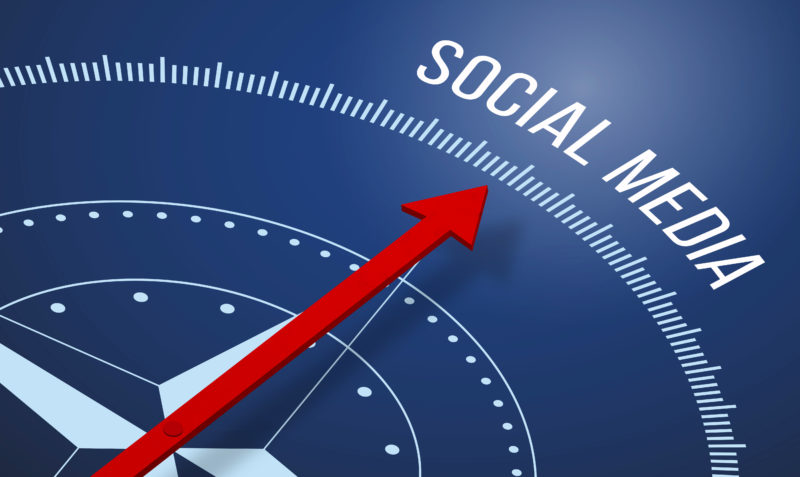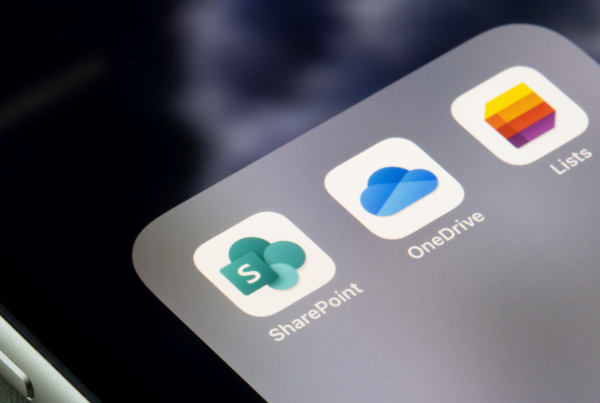
Over the past year, seismic shifts have taken place in both the political and business world. We witnessed the rise of Trump, the shock of Brexit, and the ascendency of populist leaders in general.
And here at home, South Africa is also entering a period of political and economic uncertainty.
Through it all, social media networks and digital platforms have played a key role in fostering public debate and fuelling populist movements that might otherwise have taken much longer to gain momentum.
Through Facebook groups that take just minutes to create, like-minded and strongly opinionated individuals can gather together and turn themselves into a potent force for change.
And for those who want to join a movement merely for the sake of joining a movement, social media is an infinitely fertile hunting ground.
Without doubt, with its 1,71 billion monthly active users, Facebook is the political galvanizer in chief (whether it wants to be or not), although platforms such as Twitter, Instagram and Reddit are all used to influence both political and business agendas.
Without doubt, with its 1,71 billion monthly active users, Facebook is the political galvanizer in chief (whether it wants to be or not), although platforms such as Twitter, Instagram and Reddit are all used to influence both political and business agendas
Take the popular transport company, Uber, for example
After US President Donald Trump signed an executive order that banned immigrants from seven Muslim-majority countries, protests swept across the nation.
Soon after, the Taxi Workers’ Alliance (TWA) supported those voicing their opposition to Trump’s policies at New York’s John F. Kennedy International Airport by asking its members to halt work at the airport for a period.
Shortly after the TWA said the stoppage would end, Uber tweeted that it had turned off surge pricing at JFK. Almost immediately, accusations that Uber was attempting to profit from protesting cab drivers (by making it cheaper for consumers to Uber) began flying on Twitter.
It didn’t take long before there were calls to #deleteUber, and indeed, many users began posting screenshots on social media of themselves deleting the Uber app or registering for competitor Lyft.
Within days, Lyft surpassed Uber in daily downloads on the App Store for the first time ever. Uber subsequently had to find ways to repair considerable brand damage.
Who writes the social media rulebook?
Here at home, the newly appointed Minister of Police, Fikile Mbalula, is being criticised in some quarters for his prolific tweeting. His use of the platform was deemed helpful and inspiring when he was Sports Minister, but using Twitter in his new and vastly different role is raising eyebrows.
One recent Mbalula tweet reads: “I want all of you who follow me support my efforts REPORT crime on my inbox #WanyaTsotsi #JindaTsotsi.”
According to Daily Maverick, the enthusiastic Minister has also created various hashtags relating to crime, such as #JindaTsotsi, #JindaMzala, #WanyaTsotsi, #crimemustfall, #Noretreat, #asijiki and #Asinavalo – as well as tweeting ‘successes’ by SAPS from across the country.
Mbalula and other leaders with a taste for social media (Trump being the most obvious) are raising important questions around what can be deemed ‘right’ or ‘wrong’ on certain platforms – and whether it is appropriate to post personal opinions and calls for action as a public figure.
The dark side of data
Apart from its ability to influence political leanings and galvanise movements, social media is being harnessed to gather all sorts of data and information – around the clock. Everything that we do and say online is recorded and leaves behind a digital footprint, which certain companies are carefully tracking to benefit their own commercial or political agendas.
Arguably, the availability and sheer volume of all this data can leave people and enterprises vulnerable to abuse.
Reports are now emerging about how Big Data and smart analytics were used to influence political outcomes such as the Trump victory and Brexit
Reports are now emerging about how Big Data and smart analytics were used to influence political outcomes such as the Trump victory and Brexit. According to VICE, for example, Trump hired a marketing company named Cambridge Analytica to drive his campaign. This company cleverly wielded data to communicate with voters using categories based on specific psychographics.
“Pretty much every message that Trump put out was data-driven,” Cambridge Analytica CEO Alexander Nix was quoted as saying.
In South Africa, the current political turmoil has unleashed a firestorm on social media, which can undoubtedly provide infinite data for both current and future leaders (and companies) to draw from.
As the digital realm continues to grow and impact our personal and political lives, the onus is on every individual to take cognizance of the threats – and opportunities – that the digital universe presents.
Read More @ All 4 Women



